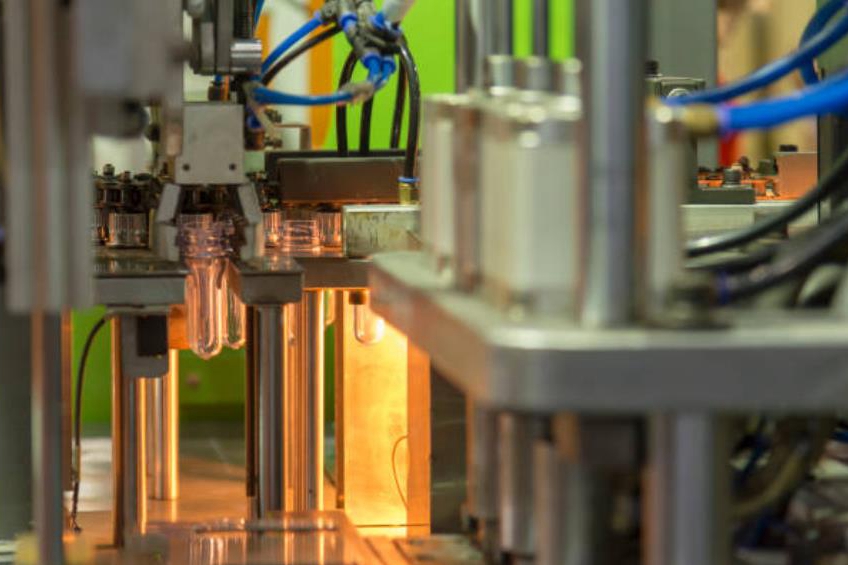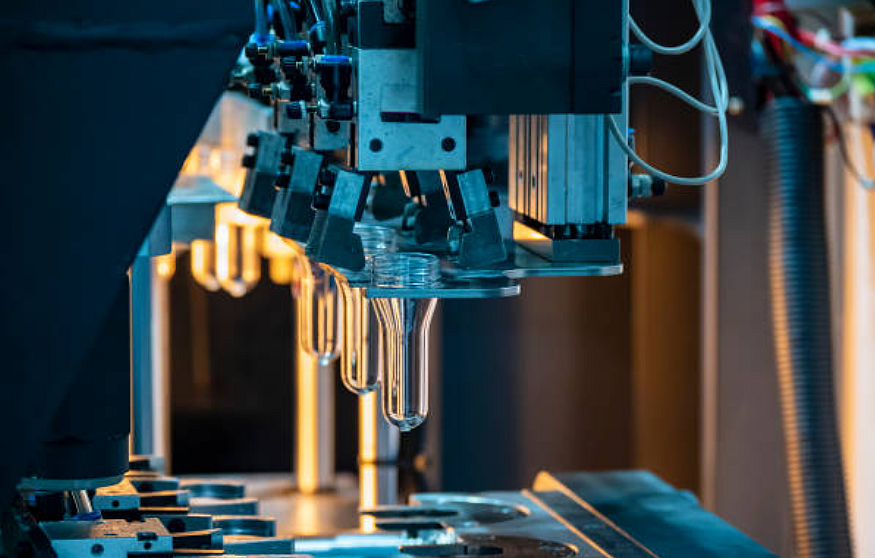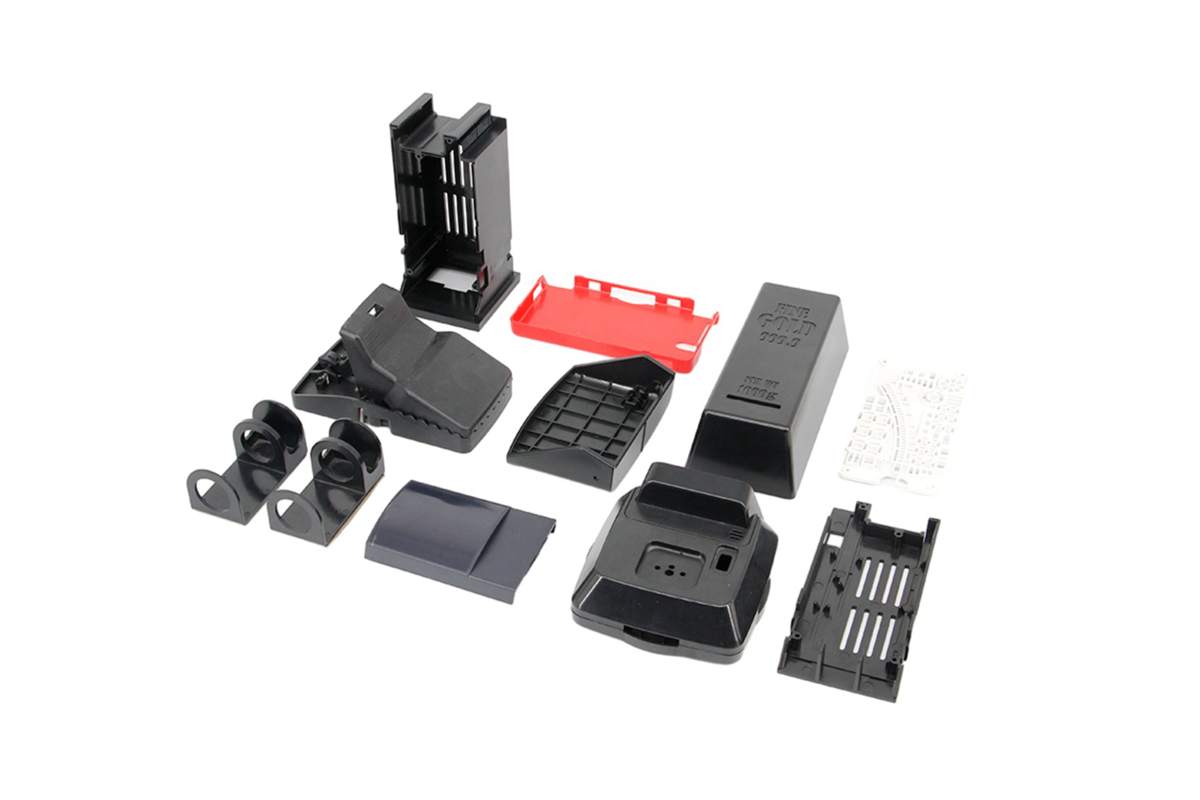How precise are plastic injection molded parts?
Plastic injection molding is renowned for its ability to produce highly detailed, dimensionally accurate components at scale. For industries such as medical devices, automotive, and consumer electronics, precision is not just a benefit—it’s a requirement. At Neway Precision, we specialize in delivering injection molded parts with tolerances as tight as ±0.01 mm, depending on the material, design, and tooling strategy.
Standard Tolerances in Plastic Injection Molding
Typical Tolerance Ranges
Plastic parts produced through injection molding generally meet the following tolerance benchmarks:
Feature Type | Typical Tolerance | Notes |
|---|---|---|
General dimensions | ±0.10 mm | Applies to most standard thermoplastics like ABS or PP |
High-precision features | ±0.05 mm | Requires tight tooling control and dimensionally stable resins |
Critical mating features | ±0.01–0.03 mm | Achievable with optimized design and mold temperature control |
Wall thickness variation | ±0.05 mm | Maintain consistent wall thickness for best results |
These tolerances align with standards like DIN 16742 and are adequate for most high-performance industrial applications.
Influencing Factors
Precision is affected by:
Material shrinkage: For example, Nylon (PA) has higher shrinkage (up to 2%) compared to PC (<0.6%)
Part geometry: Thin walls, ribs, or long cores introduce greater variability
Mold quality: Hardened steel tools offer better dimensional consistency than aluminum tools used in rapid molding
Achieving ±0.01 mm: When Is It Possible?
Critical Tolerance Scenarios
Tolerances down to ±0.01 mm can be achieved in:
Precision optical housings
Interlocking medical components
Electrical connector inserts
Custom sealing interfaces
To reach this level, Neway uses:
Advanced mold-making technologies
In-line dimensional inspection
Post-molding CNC machining where necessary → Learn more about CNC machining prototyping for secondary processing.
Recommended Practices
Avoid large flat surfaces that warp during cooling
Incorporate design for manufacturability early in development
Industries That Rely on High Precision
High-precision injection molding is critical in:
Medical devices: Tight tolerances ensure biocompatible components assemble securely without adhesives.
Automotive sensors: Accuracy ensures reliable integration with electronic and mechanical systems.
Aerospace components: Demanding conditions require exact fit and tolerance uniformity.
Why Choose Neway for Precision Injection Molding?
Neway Precision provides:
±0.01 mm capability with advanced mold manufacturing
Complete plastic injection molding services from prototyping to mass production
Full material traceability and in-process quality control
Integrated consultative engineering support
Whether you're producing low-volume prototypes or scaling to mass production, we ensure dimensional integrity that meets your industry’s strictest standards.



